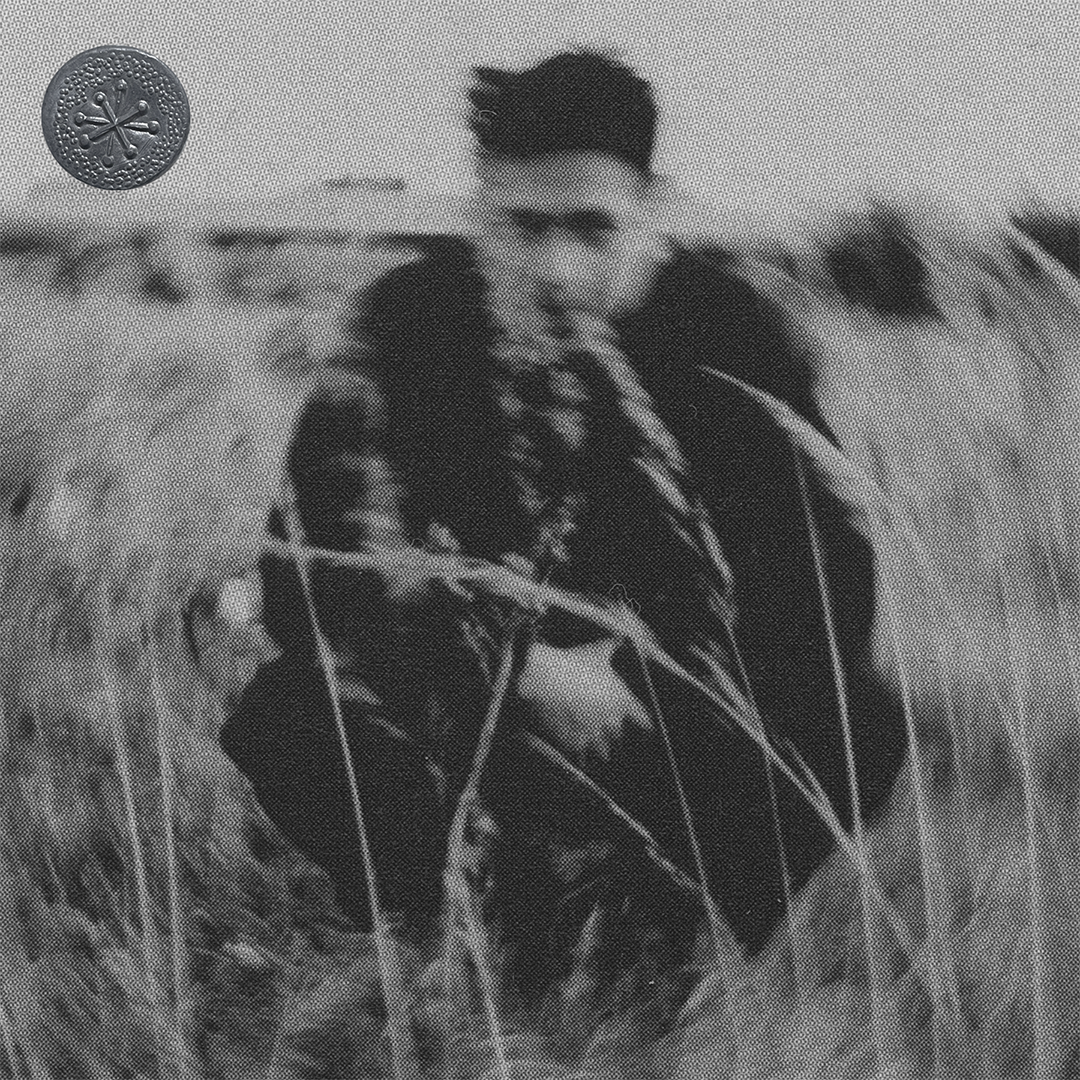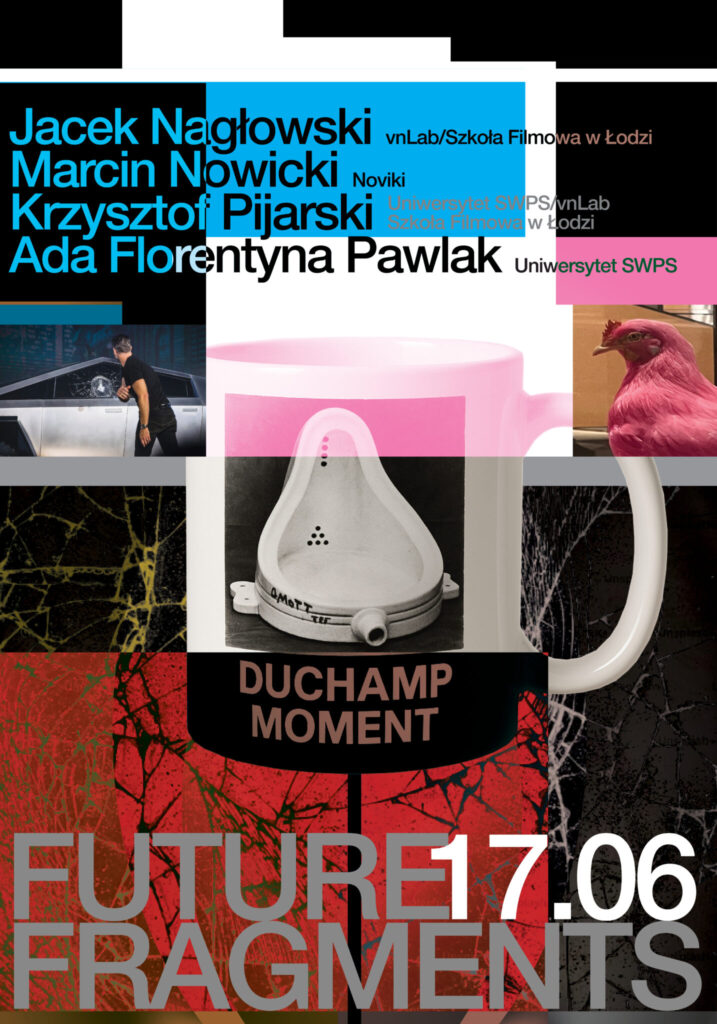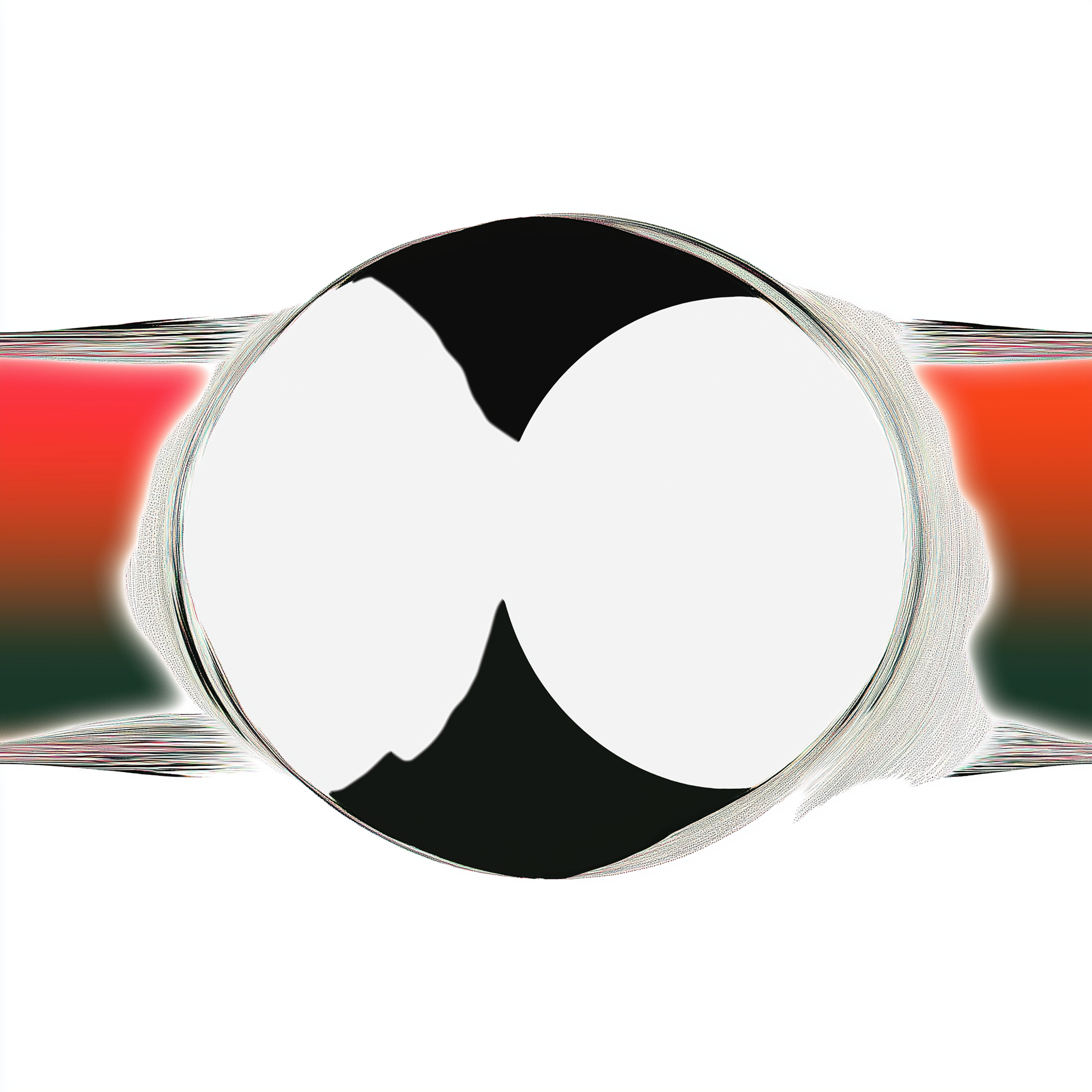Traces and Dirty Listening by Jonathan Castro Alejos is focused on visual and sonic practice, grounded in ongoing research into alternative/experimental ways of approaching the margin. This margin is not merely a boundary, but a charged threshold: a space beyond the circuits of urban productivity, where denial, noise, and natural forces accumulate and interact.
Working with traces, fragments, and the so-called undesirable elements of urban space becomes a method for constructing and archiving new perceptual and material narratives. This research foregrounds the unfinished and the unstable — elements through which future possibilities emerge not as smooth visions, but as layered, contested, and uneven realities.
By focusing on these overlooked dynamics, my research attempts a critical way of sensing the built environment and our relation with spaces – tracing shifting textures of time, revealing hidden layers of time, and uncovering fragments through which new visual and spatial futures may quietly emerge.

Jonathan Castro Alejos is a Peruvian multidisciplinary artist and graphic designer based in Amsterdam. Working across sound, video, installation, and performance, his practice explores the tension between the real and the imagined. Through a process of collecting, layering, and reconfiguring raw materials, he constructs immersive visual and sonic worlds. His recent release, Radiance Loops, continues this exploration—merging field recordings, lo-fi loops, and textured soundscapes into a meditative reflection on material and space.
A discussion during Fotofestiwal in Lodz hosted the Future Fragments project.
The starting point for the discussion will be the interdisciplinary project Dream of the Machine by the artist-designer duo Noviki and Post-Radio by the director, film producer, and AI researcher and creator Jacek Nagłowski, which was inspired by Wojciech Bruszewski’s Radio Ruins of Art.

The discussion will feature Ada Florentyna Pawlak, an anthropologist of technology, lawyer, and art historian, and Krzysztof Pijarski – visual artist, contemporary culture researcher, and co-founder of the Visual Narratives Laboratory at the Łódź Film School, currently a lecturer at SWPS University.
Participants:
- Jacek Nagłowski, vnLab / Łódź Film School
- Marcin Nowicki, Noviki
- Krzysztof Pijarski, SWPS University, vnLab / Łódź Film School
- Ada Florentyna Pawlak, SWPS University
Janek Simon, Katarzyna Nestorowicz, and Marcin Nowicki are talking. Alek Hudzik and Arek Kowalik from Mint Magazine are asking the questions. This article is from the first print edition of Mint Magazine, published on January 15, 2025.
The starting point for this lecture is the forthcoming book Machine Decision is Not Final: China, and the History and Future of AI and the essay by Bogna Konior included in it, Dark Forest Theory of Intelligence. The researcher introduces her talk as follows:
From Turing to Searle, thought experiments have shaped the development of artificial intelligence. In my lecture, I will present a new thought experiment inspired by Liu Cixin’s Dark Forest Theory. Contrary to Western assumptions about the transparent nature of intelligence, I propose that a truly intelligent AI may choose strategic silence, deception, or disinformation, offering a radical vision of future relationships between humans and intelligent machines.
Bogna Konior is a professor of history, culture, and the philosophy of new technologies at NYU Shanghai, where she works at the Center for Artificial Intelligence and Culture and the Interactive Media Arts department. She is also a mentor at the Synthetic Minds Lab at Medialab Matadero and a researcher at the Antikythera think tank. Her current work focuses on artificial intelligence, the history and future of technology in Eastern Europe and China, and the intersections between theology and technology.


